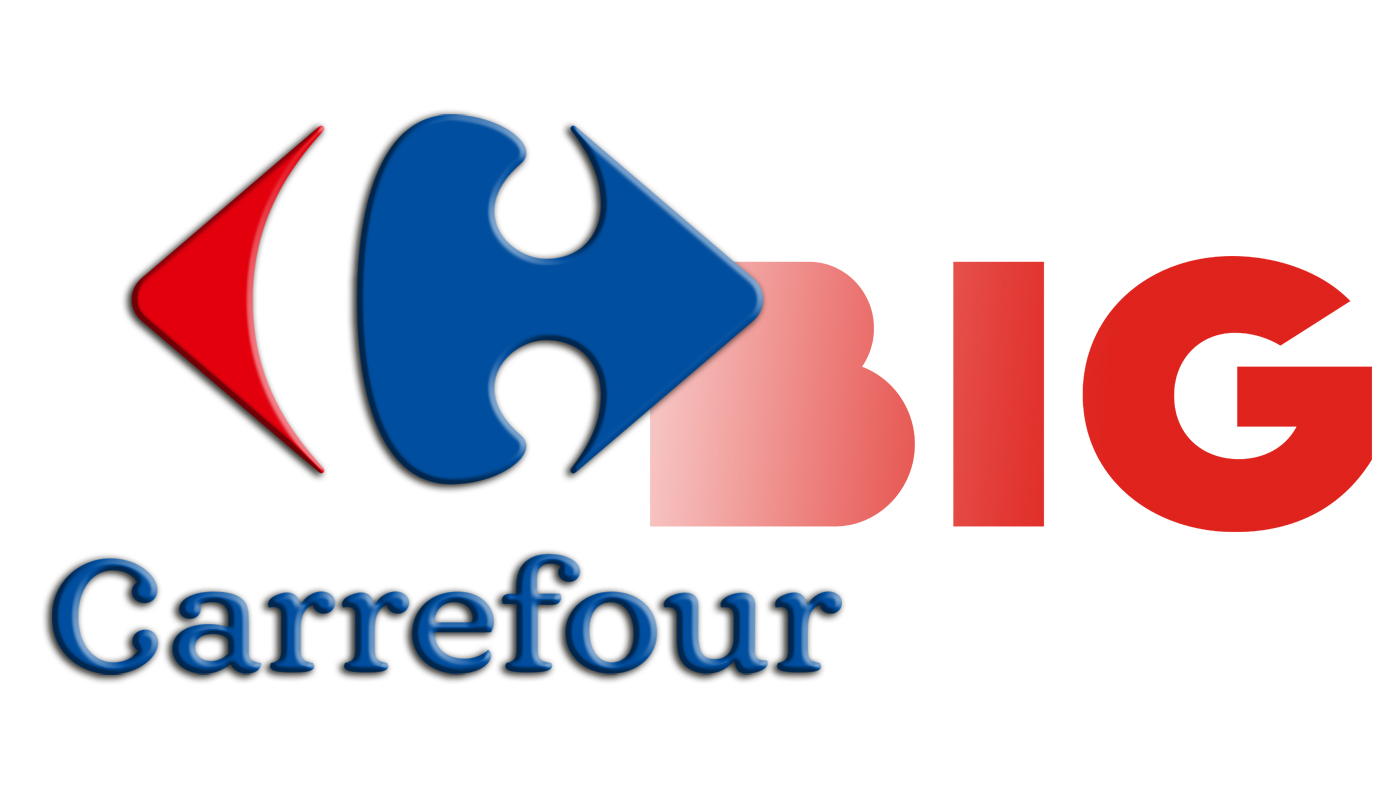/i.s3.glbimg.com/v1/AUTH_37554604729d4b2f9f3eb9ad8a691345/internal_photos/bs/2022/S/b/cSfWx9Qi6zNrBdqhxhdg/big-divulgacao.png)
CADE did not disclose how many stores will be sold or the deadline for the deal — Foto: Divulgação
Antitrust regulator CADE approved, with restrictions, the acquisition of Big by Atacadão — Carrefour’s Brazilian subsidiary. It will require the sale of some self-service units (supermarkets, hypermarkets, cash-and-carry stores, or buyers’ clubs) of the Big group. The decision was unanimous. The CADE did not disclose how many stores will be sold or the deadline for the deal. A source told Valor that 14 stores are on the list.
This number increases by six stores the initial proposal made by Cade’s General Superintendence. In January, it had suggested the approval of the operation provided some conditions (remedies) were met, such as the sale of units. Behavioral remedies were also set, which concern the monitoring of the operation’s compliance or other market conditions that are usually simpler than the sale of units (considering a structural remedy).
The deal analyzed by the CADE consists of the acquisition by Atacadão of all shares of Big Brasil group. The purchase was announced in March, for R$7.5 billion — in value, it’s the largest ever in Brazil’s retail market. The deal turns Carrefour into the second-largest retailer in Latin America, behind Walmex, Walmart’s operation in Mexico and five other Latin countries.
In practice, Atacadão is buying 386 stores. Big, which is controlled by the management company Advent and Walmart and comprised of seven brands (Big, Big Bompreço, Nacional, Super Bompreço, Sam’s Club, Todo Dia and Maxxi Atacado), concentrated the supermarket and hypermarket chains that belonged to Sonae, in the South region, and Bompreço, in the Northeast.
Of these seven, Big and Maxxi will probably disappear, according to information obtained in March. Hypermarkets BIG and Bompreço will be converted into Carrefour, Atacadão or Sam’s Club stores. Maxxi will probably become Atacadão. With Big, Carrefour will have 876 stores and R$100 billion in annual sales.
This will be the third time since 2016 that Big and Bompreço brands will undergo changes. From 2016 to 2017, years after Walmart bought the assets in the country, the company removed the name Big and started using Walmart in stores in the South region. In 2019, after selling the operation to Advent, the brand returned. Now, again, it will stop being used. In the Northeast, the group is expected to keep elements of the Carrefour brand, along with the name Bompreço.
With this Wednesday’s approval, Carrefour reaches a goal before facing its biggest challenge in recent years, in the view of experts: setting up a mega infrastructure of systems, logistics and integrated distribution, which is the basis for retail and wholesale to operate in a profitable and harmonious manner.
The issue came on the recommendation of the General Superintendence (GS), which recommended the approval but imposed some conditions (remedies). According to the GS’s opinion, the companies involved in the business are currently competitors in three markets: self-service retail, wholesale distribution of products (mainly food and other goods), and retail fuel resale. For the GS, the problem would lie in the self-service.
The vote of the rapporteur, member Luiz Augusto Azevedo de Almeida Hoffmann prevailed. For Mr. Hoffmann, some problematic situations were identified in some places, such as stores very close to Big and Carrefour, while those of competitors were very far away. Thus, the operation in some cities would require adjustments in the divestment package proposed by the GS, according to the rapporteur, increasing the number of stores that the company would have to get rid of.
The number of stores to be sold and the deadline were considered confidential and were not disclosed in the session. The number of stores to be divested was increased by the CADE, according to the rapporteur, and the CADE was aware that the company has already received proposals to sell some units and there would be interested parties in others. Therefore, for the rapporteur, the operation could be implemented before the conclusion of the investment.
If necessary, for the sale of the stores, a divestiture trustee may be required, in addition to the general monitoring expected to be implemented. If the obligations are not fulfilled in the foreseen period, there will be penalties.
(Adriana Mattos and Raquel Brandão contributed to this story)
Source: Valor International

